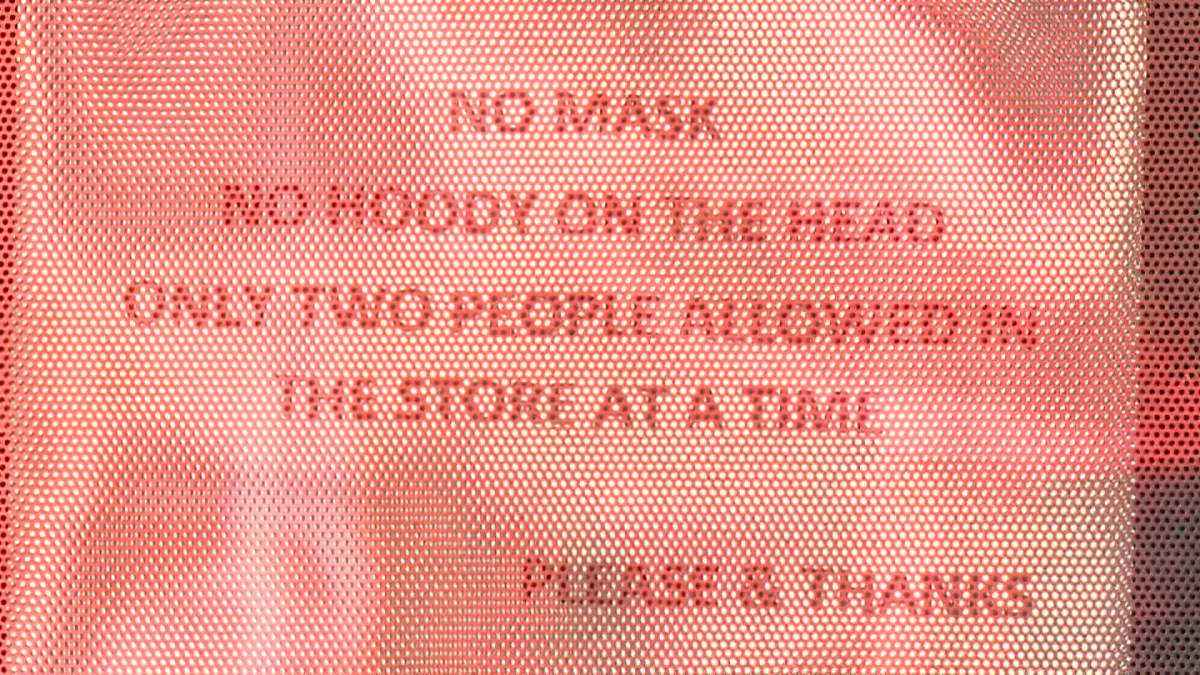A new report from the Canadian Federation of Independent Businesses (CFIB) paints a bleak picture of the impact of crime on small businesses and efforts to combat it.

The number of small businesses in Alberta affected by crime and safety issues has nearly doubled in the past year, jumping from 24 per cent in 2023 to 45 per cent in 2024, says the report.
The CFIB says the biggest challenges identified by small business owners in Western Canada include vandalism, break and entering, theft, waste and litter (e.g., drug paraphernalia, garbage, excrement), loitering, and public intoxication.
“It’s been a nightmare on Main Street,” says Keyli Loeppky, the CFIB’s director for Alberta.
The report says 62 per cent of small businesses in Canada say they’ve seen an increase in crime within their communities over the past 12 months, with 29 per cent reporting a significant increase.
“Imagine working hard, providing jobs, contributing to the community, just to have your goods stolen, windows broken, and property vandalized,” said Loeppky.
“For small businesses, it’s devastating when they are hit by crime over and over again.”
The report estimates the impact of crime costs its members an average of $5,750/year in such expenses as replacing stolen inventory or equipment and repairing vandalism, not including the cost of lost productivity.

Get daily National news
And it’s not just the financial cost; most small business owners (72 per cent) are concerned about their personal safety and the safety of their staff and customers.
In response, many small businesses are adjusting the ways they operate, including having appointment-based hours, keeping doors locked during business hours, leaving lights on overnight and almost three-quarters (71 per cent) have invested in additional security measures such as surveillance cameras, window bars and hiring security guards.
But the report says the measures “come at a steep price” because they “deter customer foot traffic and, as a result lead to lower revenues.”
“Many businesses are already operating on thin profit margins, so just one crime incident could be make-or-break for a small business owner,” said the CFIB’s SeoRhin Yoo, who co-authored the report.
While over half of Alberta business owners hit by crime (53 per cent) say they file police reports, less than a third (29 per cent) are satisfied with the police response.
The reasons cited include police saying the crimes are “too small” for police to act, or police wouldn’t come for hours or days after being called.
And only about 15 per cent of small businesses say they file insurance claims, with the main reason cited for not filing a claim being concerns about driving up the cost of premiums (82 per cent).
The report says the vast majority of Alberta small businesses owners (more than 80 per cent) don’t think their tax dollars are being spent wisely or governments are working effectively together in efforts to improve community safety .
In response to the report’s findings, the CFIB is also calling for more effort to address the underlying societal issues that contribute to crime, including affordable housing, mental health and addictions.
“As crime continues to rise, small businesses are being left to fend for themselves, shouldering the emotional and financial burden,” said Loeppky.
“It’s time for all levels of government to step up, protect our communities,” Loeppky added, and improve “safety for small businesses and the people they serve.”





Comments